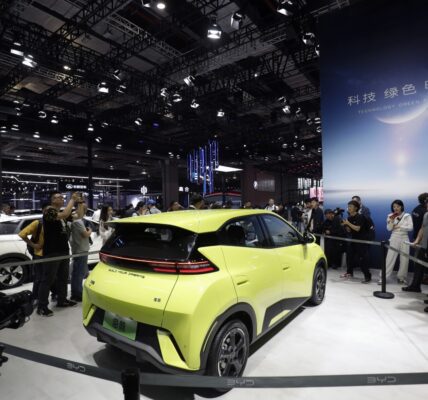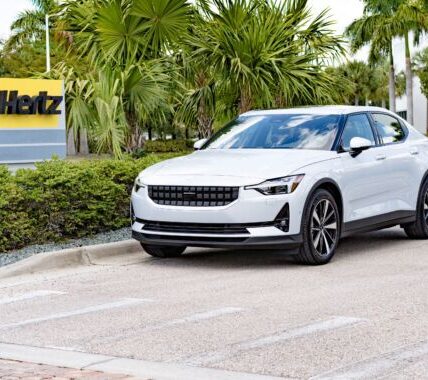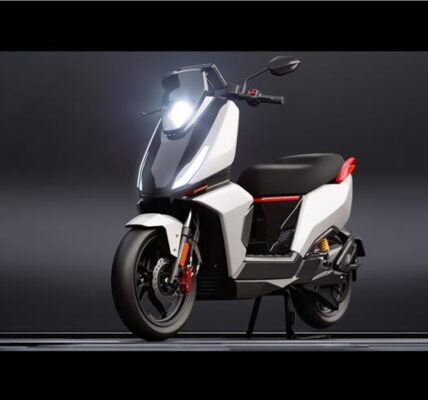Chinese electric car companies are growing, and they’re preparing to challenge legacy automakers in the United States and Europe on their home turfs.
The growth bid by such Chinese EV players as BYD Co. Ltd. is shaping conversations among policymakers in each market as they balance two interests: advancing electric vehicle adoption at a breakneck speed to combat climate change and building an EV supply chain that’s independent of China — considered by both blocs to be an economic and geopolitical threat.
The escalating rivalry creates a challenge for officials like Treasury Secretary Janet Yellen, who is making her first visit to Beijing beginning Thursday to build goodwill — and economic stability — between the two countries amid ongoing tensions.
The global auto industry’s transition to electric vehicles has left China in a position of power. Both European and American car companies that only began investing in electric vehicles recently are at a disadvantage to Chinese EV companies that have benefitted from sustained focus and government support since the mid-2000s.
However, the governments in each market are forging different paths in response to China’s upper hand. In the European Union, EV-related subsidies that apply to foreign companies, climate policies and lower tariff rates have fostered Chinese firms’ rapid expansion in the market.
In the United States, protectionist policies put in place under both former President Donald Trump and President Joe Biden have put up barriers to Chinese companies — though experts say there’s still pressure for expansion that could challenge the domestic auto industry.
“Chinese car exports are seeing explosive growth globally. Driving that are two forces: China’s domestic car market is rife with overcapacity and margins at home have become razor thin,” said Michael Dunne, CEO of consulting firm ZoZo Go, which specializes in Asian car markets. “Any global market looks better than staying at home, including the United States with its lofty import duties on Chinese cars.”






